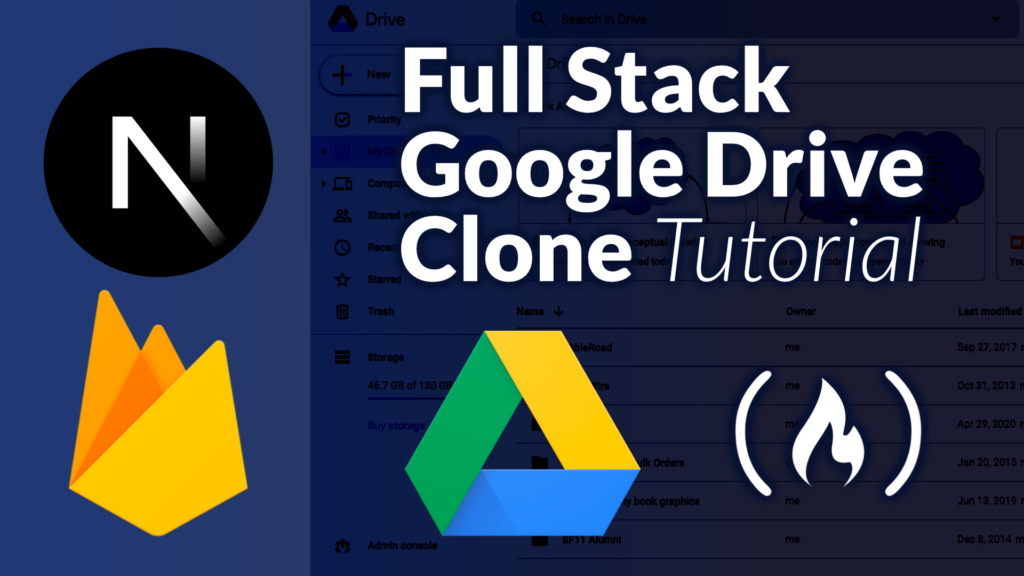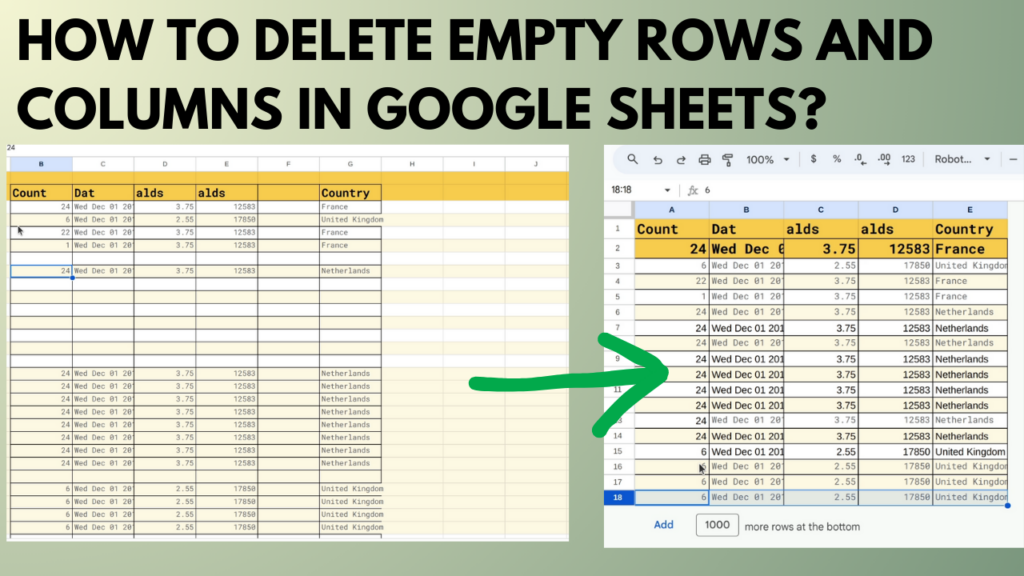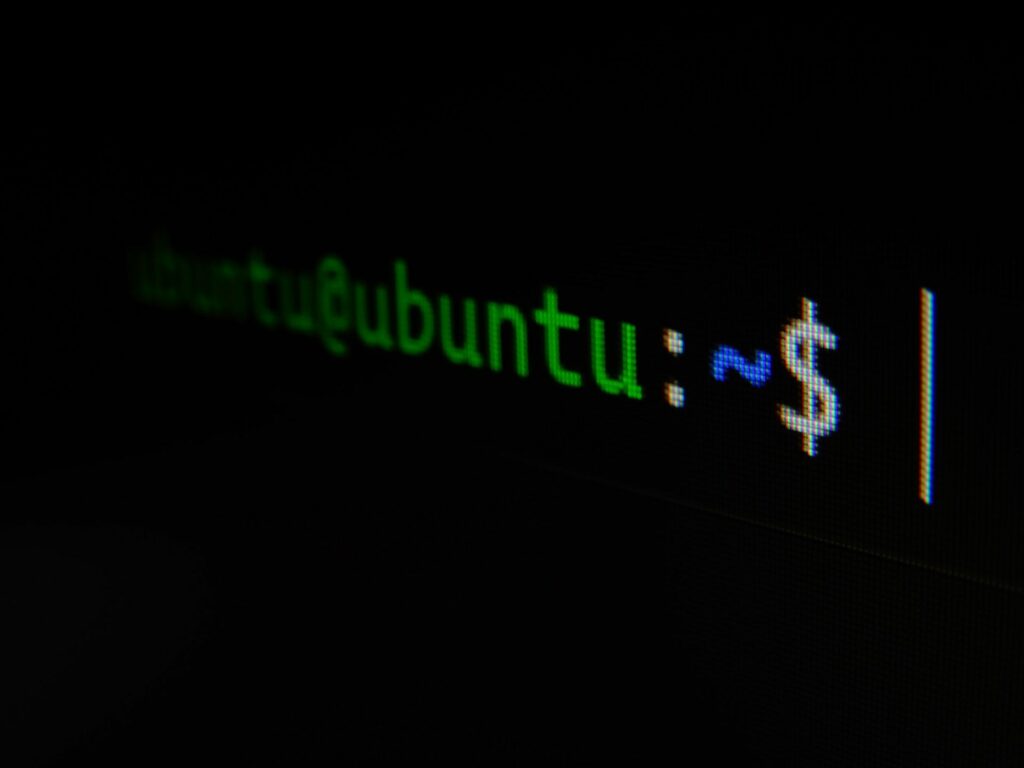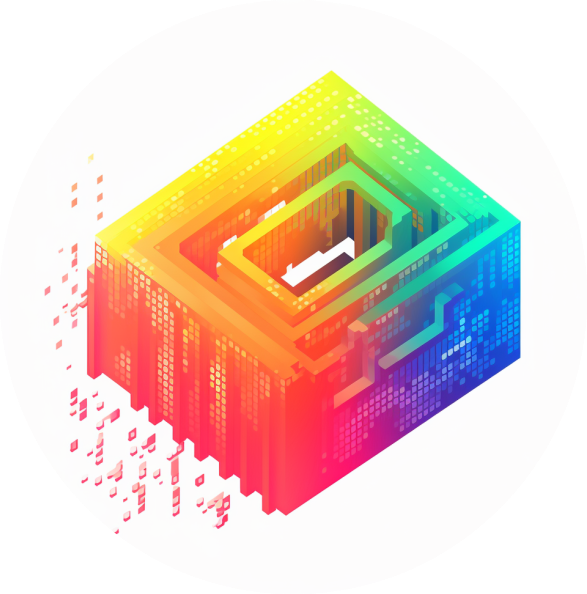This article titled “How to Contribute to Open-Source Projects – A Handbook for Beginners by freeCodeCamp.org” provides beginners with a comprehensive guide on how to contribute to open-source projects. It aims to equip readers with the necessary knowledge and skills to make meaningful contributions to these projects. With step-by-step instructions, practical tips, and valuable resources, this handbook serves as a valuable resource for anyone interested in getting involved in the open-source community. Whether you are a newcomer to coding or an experienced developer, this article offers insights and guidance to help you contribute effectively and confidently.

How to Contribute to Open-Source Projects
Open-source projects provide a collaborative environment where developers from all over the world can contribute to creating and improving software projects that are freely available for everyone to use and modify. This article will guide you through the process of contributing to open-source projects, helping you understand why it’s important, how to find the right project, prepare to contribute, choose a contribution method, get started with contributions, interact with the project community, submit your contributions, maintain your contributions, and follow contributor etiquette and best practices.
Understanding Open-Source Projects
What are open-source projects?
Open-source projects are software projects whose source code is made available and can be freely used, modified, and distributed by anyone. The source code is typically hosted in a public repository, such as GitHub, and can be accessed and contributed to by developers all over the world. Open-source projects encourage collaboration and allow individuals to learn from and build upon existing codebases.
Why should you contribute to open-source projects?
Contributing to open-source projects offers numerous benefits for both individuals and the wider programming community. By contributing, you can:
- Improve your programming skills: Contributing to open-source projects allows you to work on real-world projects and gain valuable experience in collaborating with other developers. This can enhance your coding skills, problem-solving abilities, and understanding of best practices.
- Learn from others: Open-source projects attract developers with diverse skill sets, providing an opportunity to learn from experienced programmers, review their code, and receive feedback on your own contributions.
- Build your professional portfolio: Open-source contributions are highly regarded by employers as they demonstrate your ability to work with others, showcase your code quality, and indicate your commitment to professional development.
- Give back to the community: By contributing to open-source projects, you can make a positive impact on the programming community by sharing your knowledge and expertise with others, helping to improve widely used software and expand its functionality.
- Network with like-minded developers: Engaging with the open-source community allows you to connect with developers who share similar interests, exchange ideas, and build valuable professional relationships.
Types of open-source projects
Open-source projects encompass a wide range of software and technologies. Some common types of open-source projects include:
- Operating systems: Examples include Linux, FreeBSD, and Android.
- Web frameworks and libraries: Projects like Django, React, and Vue.js provide tools and frameworks for building web applications.
- Programming languages: Languages like Python, JavaScript, and Ruby have open-source communities that contribute to their development.
- Content management systems: Platforms like WordPress and Drupal offer open-source solutions for building websites and managing content.
- DevOps tools: Projects such as Docker, Kubernetes, and Jenkins focus on automating software development processes and infrastructure management.
- Data processing and analytics: Apache Spark, Elasticsearch, and TensorFlow are open-source projects used for handling and analyzing large amounts of data.
- Text editors and development tools: Editors like Visual Studio Code and Vim, as well as tools like Git and Subversion, have open-source contributions that enhance their functionality.
Popular open-source projects
There are thousands of open-source projects available for contributions, but some of the most popular and widely used projects include:
-
Linux: An open-source operating system kernel used on a wide range of systems, from personal computers to servers and embedded devices.
-
React: A JavaScript library for building user interfaces, developed and maintained by Facebook.
-
TensorFlow: An open-source machine learning framework developed by Google that allows developers to build and deploy machine learning models.
-
VS Code: A free source-code editor developed by Microsoft that supports multiple programming languages and offers an extensive range of extensions.
-
Django: A high-level Python web framework that enables the quick development of secure and scalable web applications.
-
Kubernetes: An open-source container orchestrator that automates the deployment, scaling, and management of containerized applications.
-
WordPress: A popular content management system used for building websites and blogs, known for its flexibility and extendibility.
-
Node.js: A JavaScript runtime environment that allows developers to build server-side and networking applications.
These projects, along with many others, provide excellent opportunities for developers to contribute and make a meaningful impact on widely used software.

Finding the Right Open-Source Project
Identifying your interests and skills
Before diving into open-source contributions, it’s important to identify your interests and skills. Determine the programming languages, frameworks, or technologies you enjoy working with and have expertise in. This will help you find projects that align with your interests and where you can utilize your existing knowledge effectively.
Consider the type of contributions you would like to make, whether it’s coding, documentation, testing, design, or any other area. Recognizing your strengths and interests will enable you to identify projects where you can contribute effectively and enjoy the process.
Researching available projects
Once you have identified your interests and skills, it’s time to research and explore available open-source projects. Start by exploring popular code hosting platforms like GitHub, GitLab, and Bitbucket. These platforms provide a vast collection of open-source projects from different domains.
Search for projects using relevant keywords related to your interests, such as programming languages, frameworks, or specific functionalities. Read project descriptions, browse through the source code, and review the project’s issue tracker to gain insight into the ongoing development activities, the project’s roadmap, and the areas in which help is needed.
Consider looking for projects with beginner-friendly labels or tags. These projects are specifically marked to indicate that they are suitable for newcomers and provide a smoother onboarding experience.
Evaluating project criteria
When evaluating open-source projects, consider factors such as project activity level, community support, and project documentation. Active projects with ongoing development and community engagement are typically a good indication that the project is well-maintained and receptive to contributions.
Review the project’s issue tracker to assess the scope and complexity of outstanding issues. Look for well-defined issues and those tagged as “good first issues” or “low-hanging fruits” that are suitable for newcomers.
Evaluate the project’s documentation. Well-documented projects make it easier for newcomers to understand the codebase and contribute effectively. Check if the project has a well-maintained README file, detailed installation instructions, and contribution guidelines.
Contributing to beginner-friendly projects
For beginners, it’s often recommended to start contributing to projects labeled as beginner-friendly or those with active community support. These projects typically have a well-established onboarding process, provide clear documentation, and have an active community willing to help newcomers.
Contributing to beginner-friendly projects allows you to gain confidence, learn from experienced community members, and build a foundation for future contributions to more complex projects. Look for projects with dedicated channels such as forums, chat rooms, or mailing lists where you can seek guidance and ask for help when needed.
Once you have familiarized yourself with the project and have made your first few contributions, you can gradually move on to more challenging projects and expand your contributions.

Preparing to Contribute
Setting up a development environment
Before you can start contributing, it’s essential to set up a development environment that allows you to build and test the project locally. A development environment typically includes the necessary tools, libraries, and dependencies required to run the project.
To set up a development environment, refer to the project’s documentation for detailed instructions and system requirements. The documentation will guide you through the installation of programming languages, frameworks, and any additional tools or dependencies needed.
It’s important to follow the documented instructions carefully to ensure that your development environment is correctly configured and compatible with the project.
Understanding version control systems
Version control systems, such as Git, are an integral part of open-source projects. They enable multiple developers to work on the same codebase simultaneously, keep track of changes, and facilitate collaboration.
Familiarize yourself with Git and its basic commands, such as cloning a repository, creating branches, committing changes, and pushing changes to a remote repository. Understanding Git will allow you to work with the project’s codebase effectively, create and manage branches for your contributions, and collaborate with other developers using Git workflows.
Familiarizing yourself with project documentation
Project documentation is a valuable resource that provides information about the project’s architecture, coding conventions, contribution guidelines, and other important details. Familiarize yourself with the project’s documentation to understand how the codebase is organized, the project’s coding guidelines, and any specific conventions followed.
Review the contribution guidelines carefully, as these guidelines outline the process for submitting contributions, the preferred format for code submissions, and any additional requirements or documentation to include. Adhering to the project’s guidelines ensures that your contributions are aligned with the project’s standards and increases the chances of them being accepted quickly.
Joining the project community
Being part of the project community is crucial for successful open-source contributions. Join the project’s communication channels, such as mailing lists, chat rooms, or forums, where you can interact with other contributors and seek guidance when needed.
Introduce yourself to the community and express your interest in contributing. Ask for help or clarification if you encounter any challenges or have questions regarding the project. Engaging with the community not only helps you build relationships but also allows you to get feedback on your contributions and refine your skills.
By actively participating in the project’s community, you become familiar with the project’s goals, development methodologies, and available resources. This familiarity enhances your ability to contribute effectively and collaborate with others.
Stay tuned for the continuation of this article to learn about choosing a contribution method, getting started with contributions, interacting with the project community, submitting your contributions, maintaining your contributions, and best practices for open-source contributors.

